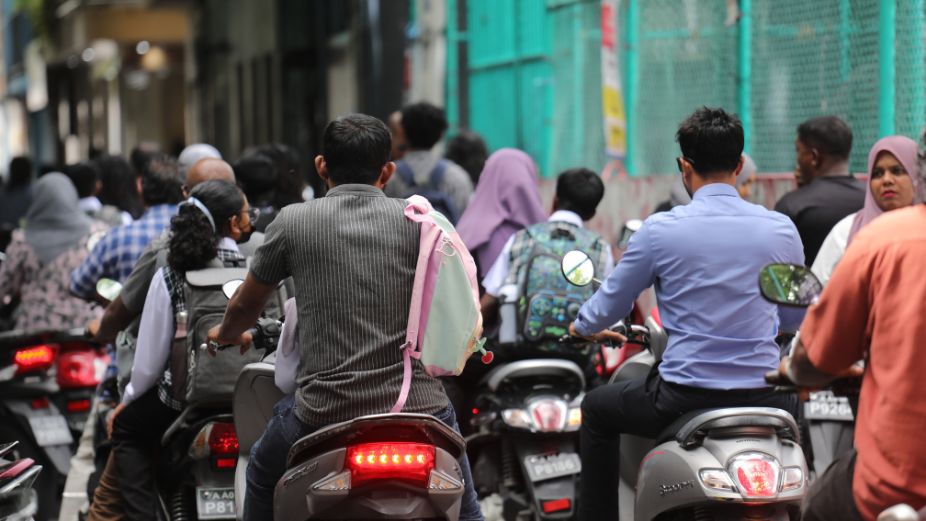
Malé City faces significant traffic congestion challenges that impede economic activities and diminish residents’ quality of life. With limited land area and a growing number of vehicles, the city’s streets are often gridlocked, leading to delays and increased operational costs for businesses.
Economic Impacts of Traffic Congestion
The high level of vehicle congestion in Malé has substantial economic repercussions. By the end of 2023, vehicles occupied 82% of the road space in the Malé region, leaving only 18% available for pedestrians. This imbalance causes significant economic losses and inefficiencies, affecting the timely delivery of goods and services and increasing fuel consumption.
Tailored Solutions for Malé City
Given Malé’s unique characteristics, solutions effective in larger metropolitan areas may not be directly applicable. However, several strategies can be adapted to address the city’s specific needs:
- Enhanced Public Transport Integration: Developing a reliable and efficient public transport system that connects Malé with surrounding islands, such as Hulhumalé and Vilimalé, can reduce reliance on private vehicles. The establishment of a Greater Malé Land Transport Network aims to provide a cohesive public transport system, including electric vehicles and charging facilities, to cater to the region’s needs.
- Smart Traffic Management: Implementing intelligent traffic systems that optimize signal timings based on real-time data can improve traffic flow. Smart traffic lights can respond to current traffic conditions, reducing congestion and minimizing delays.
- Non-Motorized Transport Infrastructure: Expanding and improving pedestrian pathways and cycling lanes can encourage residents to opt for walking or cycling, especially for short distances. This shift can alleviate road congestion and promote healthier lifestyles.
- Vehicle Regulation Policies: Introducing measures to control the number of vehicles, such as limiting new vehicle registrations or implementing higher fees for multiple vehicle ownership, can help manage the volume of traffic on the roads. Additionally, removing unused or abandoned vehicles from the streets can free up space and reduce congestion.
- Public Awareness Campaigns: Educating the public about the benefits of reduced car usage and promoting alternative modes of transport can foster community support for traffic mitigation measures.
- Urban Planning and Decentralization: Decentralizing commercial activities and government offices to less congested areas can distribute traffic more evenly across the region, reducing pressure on Malé’s roads.
Addressing traffic congestion in Malé City requires a multifaceted approach tailored to its unique urban landscape. By implementing integrated public transport solutions, adopting smart traffic management technologies, and promoting non-motorized transport, Malé can enhance mobility, boost economic productivity, and improve the quality of life for its residents.












